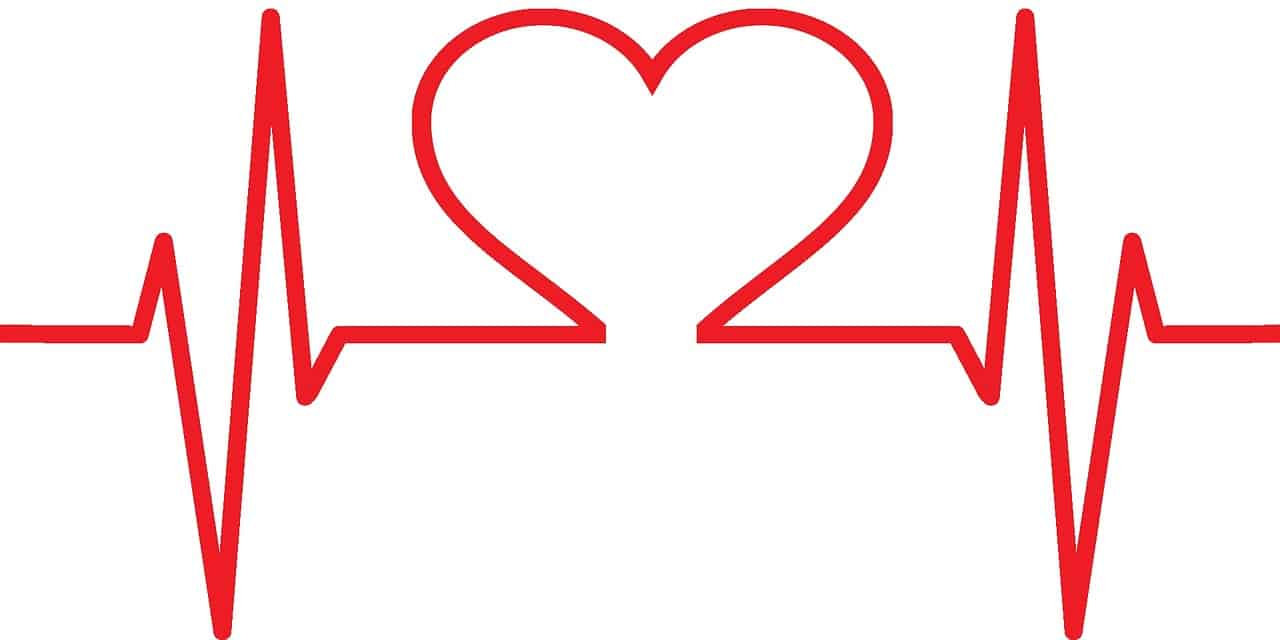You Can Help Reduce The Risk Of Cardiovascular Disease By Taking Care Of Your Hard-Working Heart
Your heart works hard every day for you. It needs tender loving care to keep beating efficiently. Pegasus home care professionals in Ventura and elsewhere offer the following facts to help you keep your heart healthy.
Your heart is mostly muscle. The muscle contracts regularly without input from you. The contractions, or heartbeats, are controlled by electrical signals.
Hearts are enclosed in a sac called the pericardium and lined with tissue called endocardium. There are four chambers in your heart: two on the left, and two on the right. The top chambers are the atria, and the bottom chambers are the ventricles.
The right chambers send blood to your lungs, and the left chambers send blood to your body. The lungs refresh your blood with oxygen. The blood circulating in your body provides nutrients to your cells.
The normal heart rate for an adult is 60 – 100 beats per minute. Your brain sends out nerve signals if you’re stressed or exercising. Those usually speed up how fast your heart is contracting. Other factors that affect your heart rate include:
- Age
- Body size
- Disease
- Medications
- Room temperature
- Smoking
- Standing up or lying down
Some of these factors have serious long-term effects that can lead to heart disease.
Heart Disease Is More Than One Illness
Several conditions are considered as heart, or cardiovascular, disease. These are generally classified as:
- Blood vessel diseases – blood is unable to flow freely through your arteries. Arteriosclerosis means the arteries are thick and “hardened.” Atherosclerosis refers to substances such as cholesterol clogging or blocking arteries.
- Heart rhythm abnormalities – your heartbeat is erratic, or arrhythmic. Tachycardia is heartbeats that are too fast, and bradycardia refers to heartbeats that are too slow. Atrial fibrillation is fast and irregular heartbeats, sometimes described as “fluttering,” in the upper chambers of the heart. Ventricular fibrillation is fast and irregular heartbeats in the lower heart chambers. The ventricles begin to quiver and are unable to pump blood. Ventricular fibrillation is the most severe arrhythmia and requires immediate medical attention. It’s fatal if not quickly corrected.
- Congenital conditions – birth defects, such as a hole in the wall that separates the chambers of the heart. Some congenital heart conditions are less serious while others are life-threatening. Some can be surgically corrected or treated with medications.
You have the ability to decrease your risk of hardened or clogged arteries and arrhythmias.
Your Lifestyle Habits Can Help Or Hurt Your Heart
The three main risks for heart disease other than birth defects are:
- High blood pressure
- High cholesterol
- Smoking
These are conditions that are generally under your control if you make lifestyle changes.
Other factors include obesity, lack of physical activity, and poor diet. These lead to diabetes and other conditions that can worsen, or even cause, heart disease. Again, lifestyle changes lead to substantial improvement.
This doesn’t mean that you have to change everything in one day. Small, incremental improvements will yield significant benefits.
Your Diet Affects Every Aspect Of Your Health
Rather than worrying about eating the wrong foods, fill up on healthy foods instead. Heap your plate with five or more servings of fruits and vegetables a day. There won’t be much room left for less-healthy items.
Control your portion sizes. Serving sizes of most foods, except veggies, are about the size of a deck of cards. While you’re at it, forget about adding salt, and use spices instead to add flavor.
Start moving. You don’t need to go to a gym and work out until you drop. Just choose movement in some way any time you can.
Stretch expansively when you wake up and throughout the day. Park further away when you shop. Take the stairs instead of the elevator.
A healthy diet combined with appropriate exercise is essential for heart health. An added bonus is that both practices lead to weight loss if you’re overweight. Your overall health is improved, and your heart doesn’t have to work quite so hard.
Get adequate quality sleep. A tired body leads to an impaired immune system. You lose protection against disease and stress your heart.
You have likely heard a gazillion times that you should stop smoking. Here’s one more time: Stop Smoking. Quitting is the single best thing you can do for heart health.
Smoking damages your blood vessels. It’s one of the causes of both arteriosclerosis and atherosclerosis. Smoking also decreases the amount of oxygen that your blood can supply to your cells.
Pegasus Is Here To Help
Making lifestyle changes that improve your heart health can be difficult. Pegasus can assist you. Our home care services include:
- Dietary improvement – our dietitians can help with meal planning and healthy recipes
- Movement – our physical and occupational therapists can design exercises that strengthen and increase flexibility
- Smoking – we can help you find smoking cessation classes and help you stick with them
Pegasus is a licensed Home Care Organization and a Joint Commission Accredited Home Health Care organization. Our team of experts in Ventura and our other locations tailors their services to fit the requirements of each individual. We are here to provide the level of home care services that meet your needs.

